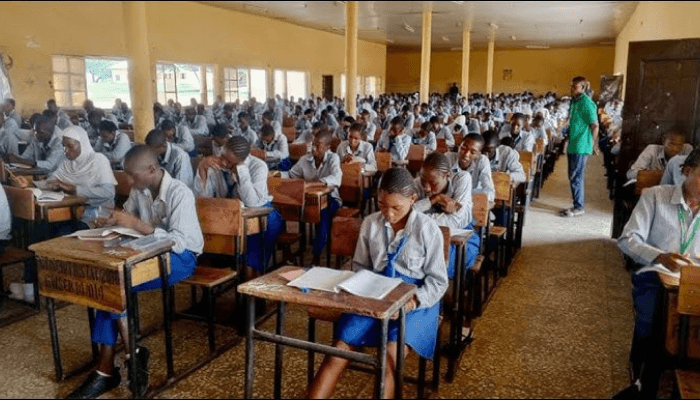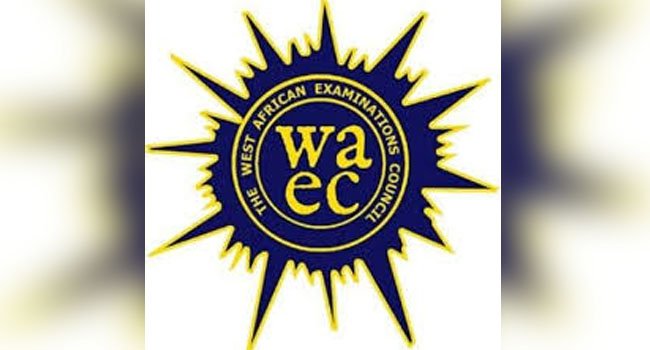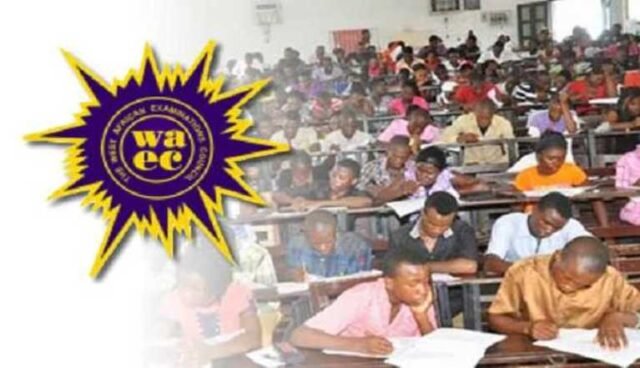Stakeholders React to Mass Failure in 2025 WASSCE, Demand Probe and Reforms.

Join our WhatsApp community
Reactions continue to trail the recently released results of the 2025 West African Senior School Certificate Examination WASSCE, with stakeholders across the education sector raising concerns over the mass failure recorded.
The West African Examinations Council (WAEC) officially released the results for school candidates on Monday, August 4, 2025, announcing that out of the 1,969,313 candidates who sat for the exam, only 754,545 representing 38.32% obtained credits and above in at least five subjects, including English Language and Mathematics.
This marks a sharp decline from the 2024 performance of WASSCE where 72.12% of candidates met the same benchmark, indicating a significant 33.8% drop in pass rate.
The poor results have sparked widespread criticism. Concerned parents, education advocates, and civil society groups have called for the cancellation of some key papers particularly English and Mathematics and demanded an independent investigation into the situation. Many are also urging a complete overhaul of WAEC’s management.
Critics argue that it is unacceptable for an examination as crucial as WASSCE a standard requirement for tertiary admission to be marred by what they describe as “trial and error.” They insist that the credibility of Nigeria’s education assessment system is at stake.
In response to the backlash, WAEC acknowledged that it encountered technical glitches, especially in the marking and release of results for Mathematics, English Language, Biology, and Economics. The council issued an apology and temporarily withdrew access to the results while it conducted an internal review and corrected the issues.
The Nigeria Union of Teachers (NUT) attributed the mass failure to systemic problems, including the chaotic conditions under which some candidates wrote their papers. The union recalled how WAEC, following a leak of the English Language paper, delayed the exam for hours rather than canceling it.
“Students who were mentally prepared to write the paper in the morning ended up writing it late in the evening or even at night. That disruption had a serious emotional and psychological toll on them,” NUT said.
Echoing similar sentiments, the National Association of Nigerian Students (NANS) criticized the council’s handling of the exams, particularly the English Language paper, calling it “horrific.”

“The conduct of the examination was substandard in many instances. Candidates were left emotionally drained. Technical issues similar to those experienced in UTME further worsened the situation,” the student body noted.
Teachers also voiced strong dissatisfaction. Divine Mike, a secondary school teacher, described the situation as a national disaster, accusing WAEC of compromising the integrity of the education system.
“You can’t reduce an examination of this magnitude to trial and error. Today the pass rate is 38%, tomorrow it’s 63%. How do we trust the credibility of these results?” he questioned, urging the federal government to initiate a probe and restructure WAEC’s leadership.
Another educator, Israel Chukwudi, warned that the current crisis raises doubts about WAEC’s planned shift to full Computer-Based Testing (CBT) in 2026. He pointed out that if the WASSCE council is struggling with logistics under the traditional system, transitioning to CBT without addressing Nigeria’s digital infrastructure gaps especially in rural areas could prove disastrous.
Several students affected by the poor results shared their frustrations. Many have pinned their hopes on the National Examination Council (NECO) exams after WASSCE failure.
“This has never happened before. Why would WAEC jeopardize our future like this?” lamented Ogwuche Aminu, a student.
Another candidate, Blessing Uguru, admitted that while some students might not have prepared adequately, the level of failure was still alarming.
“A lot of students no longer read; laziness is real. But this experience taught me a tough lesson. I’m now waiting for NECO to know my fate,” she said.
Meanwhile, the Federal Government, through the Ministry of Education, has reiterated its commitment to transparency, accountability, and upholding the integrity of national examinations, WASSCE.
Speaking on behalf of the Minister of Education, Dr. Maruf Olatunji Alausa, the Director of Press and Public Relations, Boriowo Folasade, emphasized the ministry’s zero tolerance for exam malpractice. She noted a consistent decline in malpractice rates over the past three years down from 16.29% in 2023 to 11.92% in 2024, and 9.70% in 2025 crediting WAEC’s anti-malpractice reforms, such as the serialization of question papers in key subjects.
Dr. Alausa also reaffirmed the government’s commitment to continuous teacher training and capacity building.
“We are determined to produce smart, competent teachers who can prepare students for academic excellence. This is essential for maintaining the credibility and integrity of our examination system.
“Let’s work together to ensure every hardworking student has the opportunity to succeed,” the Minister stated.

Join our WhatsApp community
Join Our Social Media Channels:
WhatsApp: NaijaEyes
Facebook: NaijaEyes
Twitter: NaijaEyes
Instagram: NaijaEyes
TikTok: NaijaEyes








































